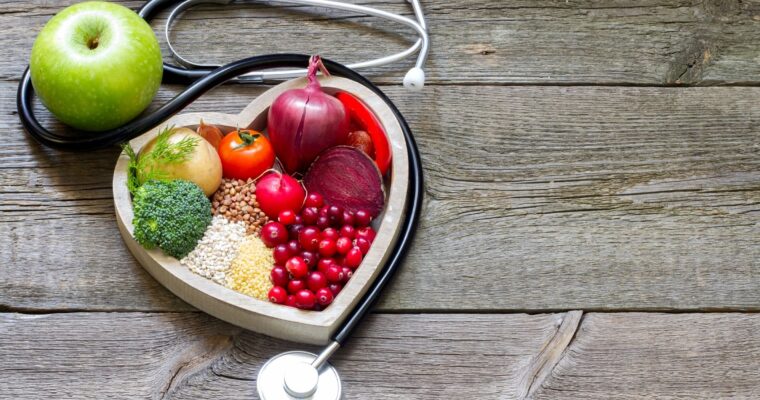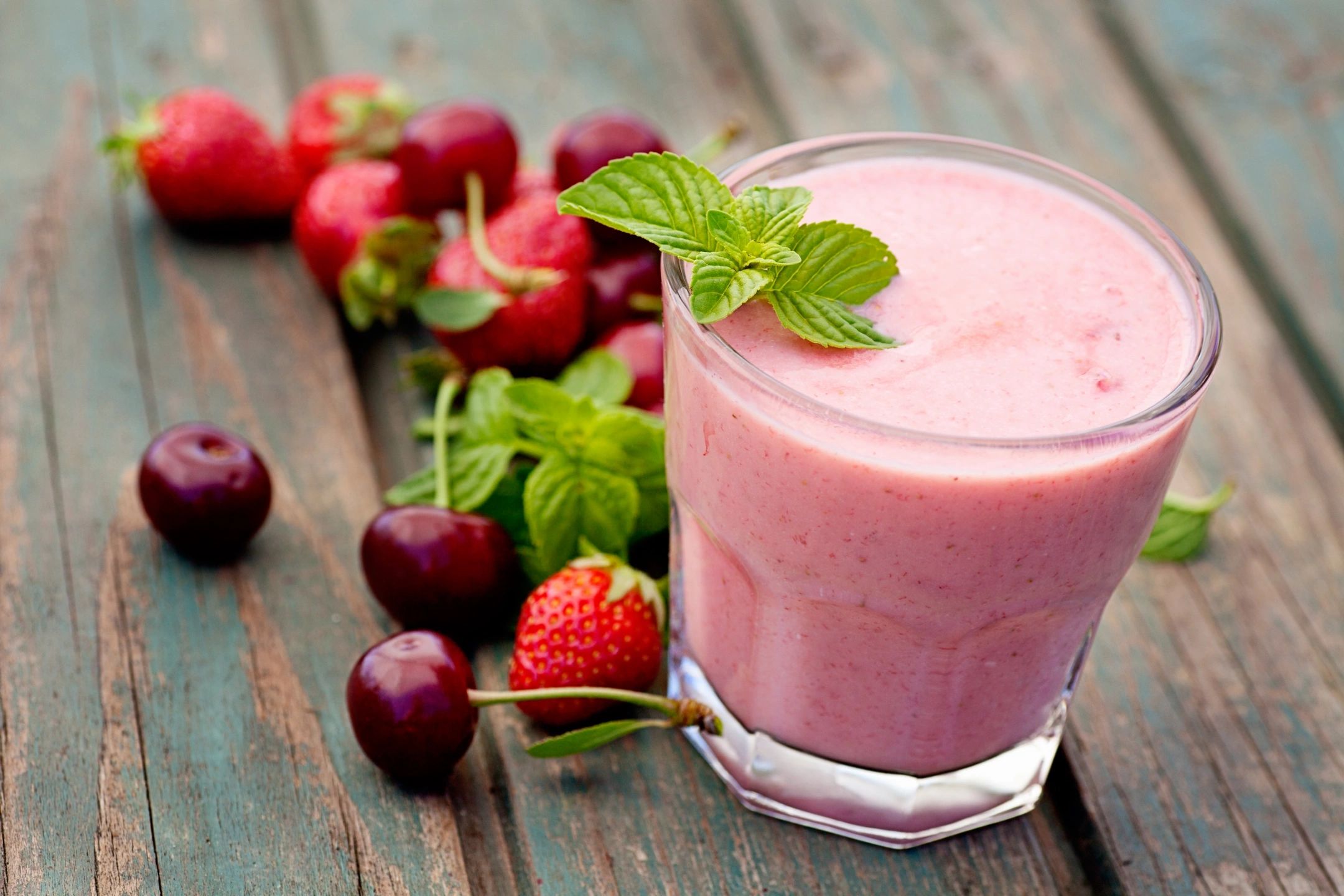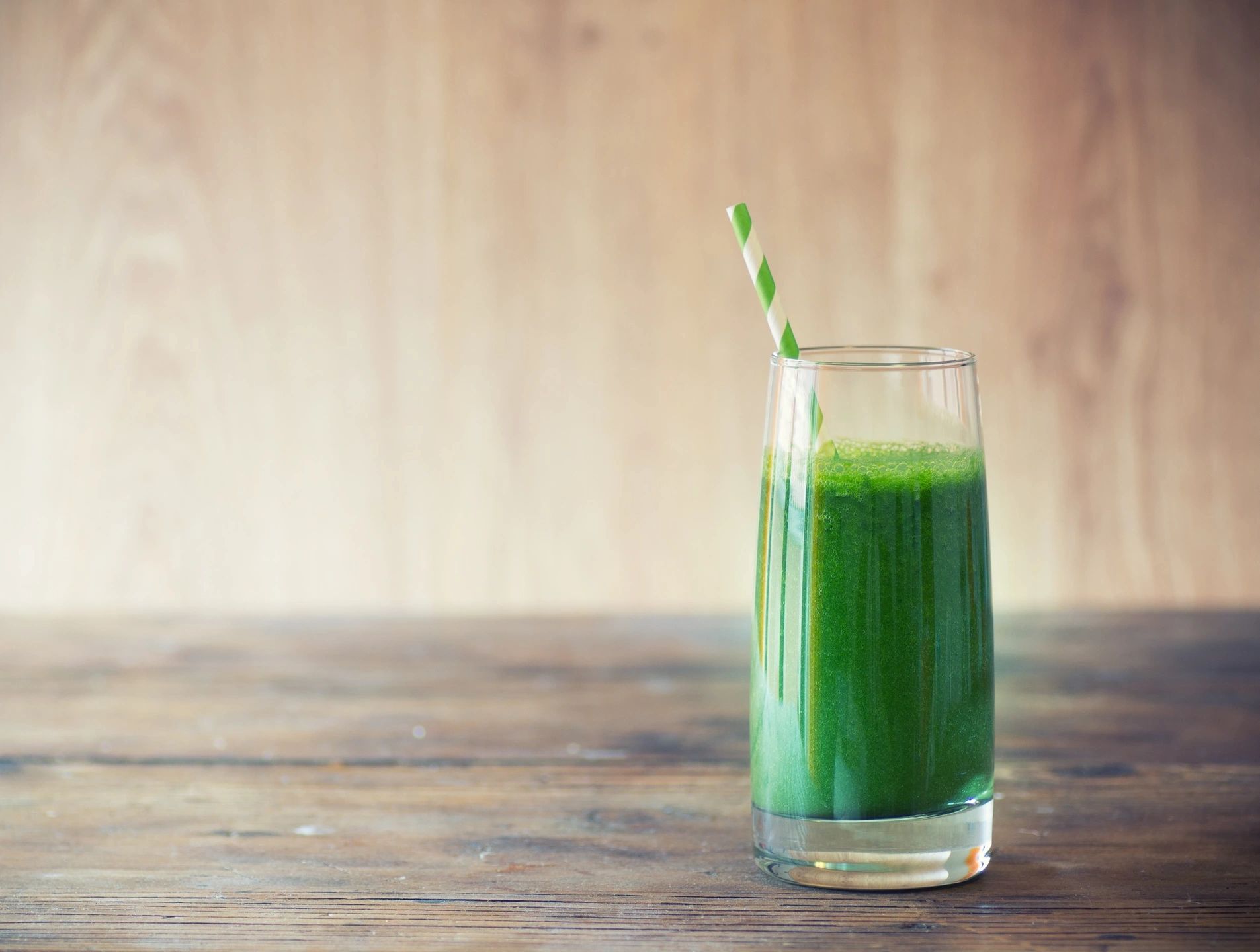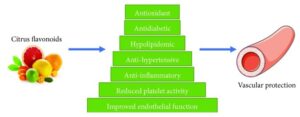Reds Hx… for our heart!
Dr. Claire Arcidiacono, ND
I wanted to talk about Reds Hx next because it’s really the perfect partner to Greens Hx. Since Reds Hx is so full of heart healthy nutrients I am going to jump right into things with our very first nutrient. The very first heart healthy nutrient is in fact the first nutrient listed! And that is carrot. Studies have found a number of benefits regarding carrot supplements on heart health. These include improving blood pressure and even decreasing aortic root lesions. Carrots have also been found to help with atherosclerosis. Studies also indicate that carrots may help with lipid or in other words our cholesterol profiles. (1) According to WebMD the potassium in carrots may help to regulate our blood pressure. (2) As you can see carrots are good for much more than just being a snack for bunnies.
Moving on down the list the next item we will be talking about is cranberry. Now as I always say cranberry isn’t just for our urinary tract! Studies have found that cranberry has benefits for our blood vessels and can keep them healthy. (3) Other studies have found that cranberry can help to reduce blood clot risk, improve circulation and even lower the risks for heart disease. (4) Lastly studies have found that cranberry extract can help moderate cholesterol levels. (5)
The next item is sour cherry and it may sound familiar. This is because sour cherry is simply another name for tart cherry which is a component in our beets formula that I wrote about. Studies have found a number of benefits to using cherry for our heart. These benefits include a decrease in both LDL and total cholesterol. Additionally cherry has been found to help lower both systolic and diastolic blood pressure. (6)
The next item, blueberry was also a nutrient found in Greens Hx. As I mentioned previously blueberry has been found to help total cholesterol, LDL and triglycerides. Blueberries have also been found to help with lowering our blood pressure. (7)
Pomegranate is another powerful nutrient for heart health. In fact studies have found that pomegranate is much stronger than other antioxidants when it comes to protecting cholesterol from oxidation. As a result pomegranate is one of the best antioxidants for slowing atherosclerosis. Studies have also found that pomegranate is amazing at helping lower blood pressure. (8)
Flax seed is another nutrient that is found in both Reds and Greens. As I talked about in my prior blog on Greens flax is good for our blood pressure and even cholesterol levels. (9) Grape seed has also been mentioned numerous times for heart health. And it deserves to be! Studies have found that Grape seed has numerous benefits for our heart including helping our blood pressure. (10) Other studies have found that grape seed is helpful for lowering both total cholesterol as well as LDL. (11)
Japanese Knotweed is a natural source of Resveratrol. Resveratrol is one of my favorite nutrients when it comes to helping with heart health. I couldn’t possibly review all of the benefits that Resveratrol has for heart health in this humble blog. However I can review the most well studied. Studies have found that Resveratrol can help alleviate many of the symptoms of heart failure. Resveratrol has been found in studies to help with blood pressure. Additionally, resveratrol has been found to help with lowering the risk of atherosclerosis, coronary artery disease and even help to lower our cholesterol! (12)
Rather than address each antioxidant in Reds Hx separately I’ll be doing an overall review on how they help our heart heath. What are examples of antioxidants? For example 2 well known antioxidants are lutein, and lycopene which comes from sources such as tomatoes, watermelon and even plum! Other examples of antioxidants in Reds include ingredients such as raspberry, green tea, orange, blackberry and even quercetin. In fact Reds Hx is chock full of antioxidants! Studies have found that antioxidants can help slow the development of atherosclerosis as well as help to lower cholesterol. Overall studies have found that antioxidants can help to lower the overall risk of developing cardiovascular disease. (13)
Recent studies on probiotics have found that they may help lower the risk of cardiovascular disease by helping with certain risk factors such as obesity and even diabetes. Probiotics may also help to regulate cholesterol. Kefir, a powerful source of probiotic has been found to help lower blood pressure. (14)
Overall Reds Hx is an amazing formula. Before we leave heart health I will be doing a summary of all the things that you can do to help maximize your heart health.
Sources:
- https://www.ncbi.nlm.nih.gov/pmc/articles/PMC8065932/
- https://www.webmd.com/food-recipes/benefits-carrots
- https://pubmed.ncbi.nlm.nih.gov/35322843/
- https://www.medscape.com/viewarticle/970900
- https://www.sciencedirect.com/science/article/abs/pii/S026156141930158X
- https://www.choosecherries.com/health-and-nutrition/heart-health/
- https://www.ncbi.nlm.nih.gov/pmc/articles/PMC9268639/
- https://www.ncbi.nlm.nih.gov/pmc/articles/PMC3678830/
- https://www.mayoclinic.org/drugs-supplements-flaxseed-and-flaxseed-oil/art-20366457
- https://pubmed.ncbi.nlm.nih.gov/21802563/
- https://pubmed.ncbi.nlm.nih.gov/34067538/
- https://www.ncbi.nlm.nih.gov/pmc/articles/PMC4315737/
- https://www.nature.com/articles/s41598-022-05632-x
- https://www.mdpi.com/1422-0067/23/24/15898#:~:text=Probiotics%20and%20prebiotics%20may%20help,disease%2C%20according%20to%20growing%20evidence








